Seemingly unpopular opinion: having different experiences of situations, or forgetting details of those situations, or changing your mind about something and then providing an update on that later, are all behaviours that are not “lying” or “manipulation”, and these are overly harsh words to apply to common human behaviours and genuine mistakes.
This is something I have encountered quite a LOT in the last 4+ years, and I’ve been meaning to write about it for a while. There’s a common trend these days to label so many (relatively innocent) behaviours within relationships with the buzzwords of trauma and abuse-centric vernacular. “Manipulation” is a common one, “gaslighting” is another. While it’s good we have these tools and words to recognise, label, and better understand our experiences and trauma, I fear sometimes their overuse ends up doing more harm than good. Let me do my best to try and explain what I mean.
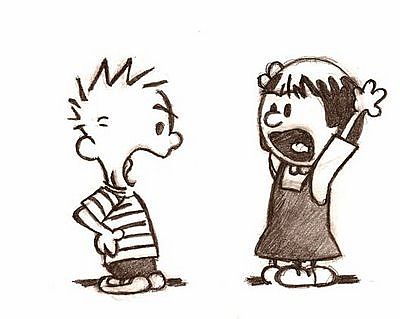
Back in November/December 2018, I was that person that felt I was being repeatedly lied to/about and manipulated in a malicious way. I was MAD about it, I was HURT, and I didn’t spare a minute in labelling them as a liar or manipulator and telling them as much. They were pretty hurt about it. They lashed out about it in hurtful ways. It all escalated to a point that it probably shouldn’t have.
It took me a while, but after considering how much trauma they had racked up over the course of their life, how difficult their recent loss must have been, their various diagnosed mental issues, their severe struggles with occasionally-psychosis-inducing substance use, and the general state of chaos their life was in, I started to realise their lies and manipulations were highly likely not conscious, intentional, or malicious. They actually experienced things the way they said they did, and they didn’t have the tools or self-awareness at the time to communicate their experiences in a fair or reasonable or rational way. Realising this helped me forgive them, and forgiving them provided me with an intensely transformative period of growth, inner peace, and self-acceptance that helped make me who I am today. After all, we are all only human. I’ll forever appreciate that experience for where it led me. Today, I wish so badly I could tell them I understand now, and that I’m sorry. But I can’t anymore. Such is the occasional tragedy of life.
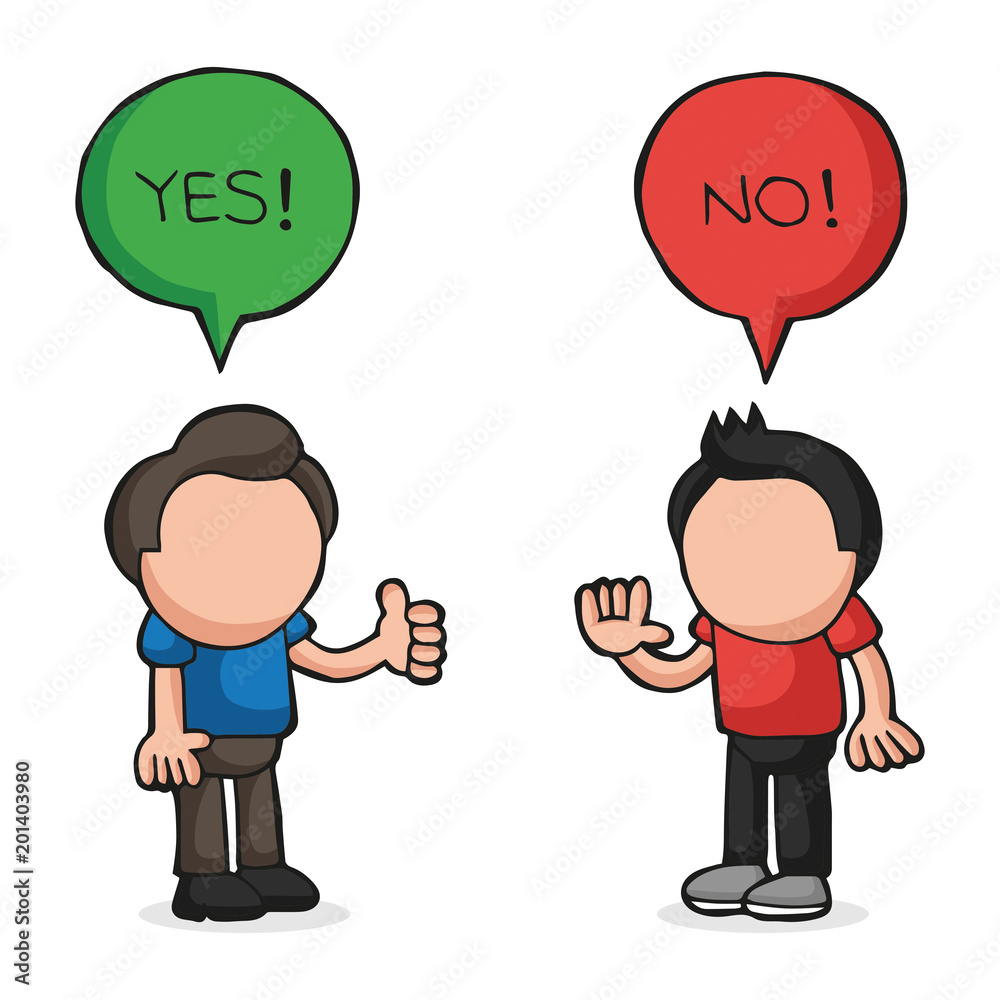 All humans can experience a given encounter or conversation in VASTLY different ways. We can begin remembering those things differently from the first time we recall a given memory and then rewrite it in our brains in a slightly different way. Our brains will alter our memories to make the narrative more digestible, so that we can feel ok about ourselves in our mistakes. Sometimes this is merely an – arguably excessive – degree of self-defensiveness to the point of having no awareness of or accountability for our actions. Other times it’s a genuine survival strategy, because to acknowledge and accept the worst of ourselves would threaten our will to live. Sometimes it’s both. However, it is also worth noting that it’s far more likely for those that were harmed to remember more than those that did the harming. “The axe forgets, the tree remembers,” (If you have a credible origin of this quotation, please let us know! We’ve seen it attributed to an African Shona Tribe online). It’s all very human. This is part of what makes our brains – memories in particular – so malleable. This is also what left-wing liberal discourse on abuse and trauma refers to when we say “we all have our own truth”.
All humans can experience a given encounter or conversation in VASTLY different ways. We can begin remembering those things differently from the first time we recall a given memory and then rewrite it in our brains in a slightly different way. Our brains will alter our memories to make the narrative more digestible, so that we can feel ok about ourselves in our mistakes. Sometimes this is merely an – arguably excessive – degree of self-defensiveness to the point of having no awareness of or accountability for our actions. Other times it’s a genuine survival strategy, because to acknowledge and accept the worst of ourselves would threaten our will to live. Sometimes it’s both. However, it is also worth noting that it’s far more likely for those that were harmed to remember more than those that did the harming. “The axe forgets, the tree remembers,” (If you have a credible origin of this quotation, please let us know! We’ve seen it attributed to an African Shona Tribe online). It’s all very human. This is part of what makes our brains – memories in particular – so malleable. This is also what left-wing liberal discourse on abuse and trauma refers to when we say “we all have our own truth”.
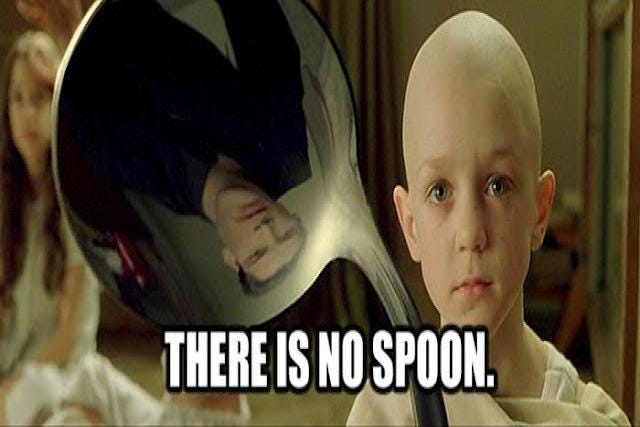
Speaking your own truth is supposed to be empowering. We believe survivors because our truth is true to us even if it isn’t objectively necessarily what happened, because the impact of how we experienced or remembered something is REAL, and that’s what we and others have a responsibility to recognise and validate about each other. I believe there is an objective reality out there. I also believe that no single human is capable of perceiving it. We are all informed by our own experiences, trauma, upbringing, ideological positioning, bias, etc.
We also all know that the impact of harm trumps the intention of the person who did the harming. If you accidentally push someone down the stairs, it doesn’t matter that you didn’t mean to; you still make sure they are ok, apologise, hold yourself accountable, and try to be more careful in the future. The problem is that change is hard and sometimes being more careful isn’t something you can be aware of or do 24/7. Again, we’re all only human.
It’s also important to note that the impact of harm trumping intention doesn’t translate to “intention doesn’t matter”. It clearly does. No one would argue that pushing someone down the stairs ON PURPOSE is morally equal to doing it by accident. So, maybe sometimes, listening to or understanding a person’s intentions and motivations when they’ve harmed us is actually a worthwhile endeavour for all of us. That said, we all get to decide our own boundaries and what behaviour we are willing to accept and expose ourselves to, that’s always valid. Most of us have a threshold for how much someone can “unintentionally” harm us before we decide we don’t want them around, and that’s ok. Don’t ever let anyone tell you that it isn’t.
Another problem is that this stuff all gets infinitely more complicated when it comes to harms done through words and actions of a less physical nature. Big physical actions are a bit easier to remember, words and feelings can be trickier. Opinion and intention start to matter a bit more, because (again) we all experience and remember things a bit differently.
Now, I’m not saying ADHD is an excuse, but I’m sure many of you can understand the ADHD experience of forgetting or not properly absorbing certain details of conversations and experiences. I know I personally need repetition to learn facts and remember things. This can get frustrating for someone who doesn’t want to have the same conversation repeatedly. But am I a liar or manipulator for not abiding by a conversation I don’t remember having or don’t remember the finer details of? I would think not. Common fights I had in my last relationship would frequently come from this. However, it’s important to remember that while it can feel frustrating to repeat oneself many times, repetition and having the same conversation repeatedly are actually perfectly normal and healthy aspects of human communication.
Another tangible example from that relationship includes the times when I would request he “wash the dishes so I can cook dinner when I get home”. This would often bring on enormous arguments if I ended up being too tired to do so after work or if I didn’t get started right when I got home from work. He was likely taking “when I get home” as “immediately upon arriving at home” rather than the “at some point tonight after getting home” that I had been thinking.
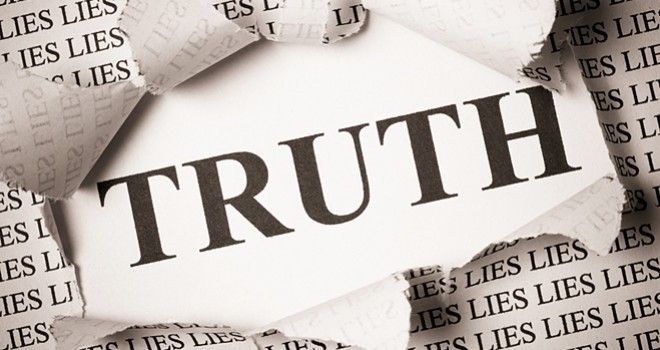 The end conclusion was generally that I had been “lying” about cooking and had therefore “manipulated” him into washing the dishes. Personally, I don’t feel that’s a fair assessment of the situation, but I digress.
The end conclusion was generally that I had been “lying” about cooking and had therefore “manipulated” him into washing the dishes. Personally, I don’t feel that’s a fair assessment of the situation, but I digress.
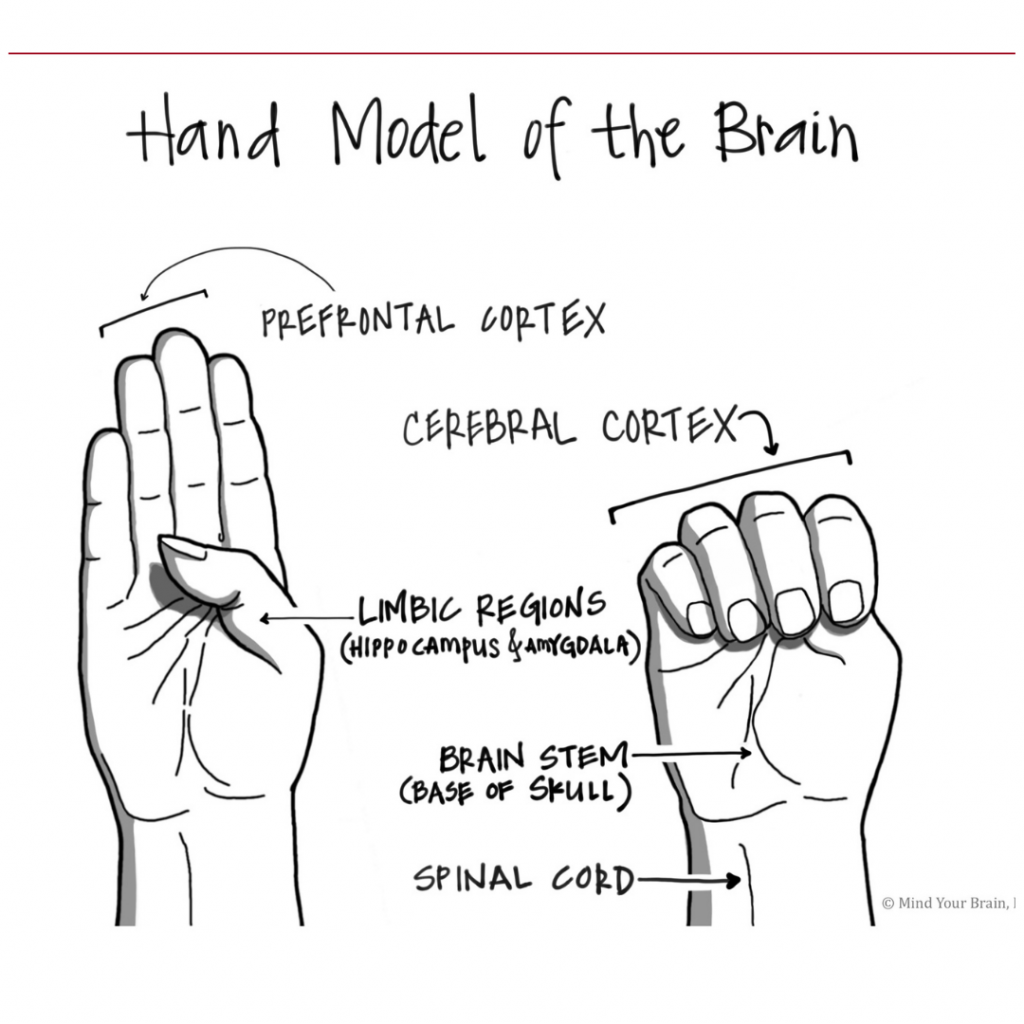 Another common phenomenon is to forget entire chunks of something that occurred while in a heightened state of emotion or while severely intoxicated. When you’ve completely “flipped your lid” – i.e., have had a trauma response activated – it’s hard to behave with reason or rationality, it’s hard to reign in your emotional responses, it’s hard to make good decisions, and it’s hard to remember many of the details of what happened. Does that absolve you of responsibility for the harm you caused? Absolutely not. The best we can do is hold ourselves accountable for our actions, apologise to those we’ve harmed, and try to do better by learning tools and strategies to help us avoid getting into these mental places in the first place.
Another common phenomenon is to forget entire chunks of something that occurred while in a heightened state of emotion or while severely intoxicated. When you’ve completely “flipped your lid” – i.e., have had a trauma response activated – it’s hard to behave with reason or rationality, it’s hard to reign in your emotional responses, it’s hard to make good decisions, and it’s hard to remember many of the details of what happened. Does that absolve you of responsibility for the harm you caused? Absolutely not. The best we can do is hold ourselves accountable for our actions, apologise to those we’ve harmed, and try to do better by learning tools and strategies to help us avoid getting into these mental places in the first place.
It can be hard to hold oneself accountable for or to something you don’t remember. When we’re overwhelmed by anger, misery, panic or when we’re dissociating, blackout, or severely intoxicated, we simply won’t remember things as well (if at all). That’s a simple fact. We might be inclined to say “that didn’t happen” or “I didn’t do that”, and I wouldn’t call that a lie. We all believe the stories we unconsciously tell ourselves, I personally think that a true “lie” has to be conscious and intentional. We don’t know what we don’t know (or we don’t remember what we don’t remember), but this is where radical honesty comes in.
Being radically honest means having enough self-awareness to account for our own flaws and our own potential to do harm, which we are all capable of.
 Radical honesty means accepting the possibility that your memory isn’t exactly ironclad, and communicating that in apologies or when holding yourself accountable. Radical honesty is also allowing for the possibility of having actually done the thing, and simply not remembering it. When I’ve been accused of doing shitty things I don’t remember, my response has been “I don’t remember that happening/it happening that way, but if you say it did then I’m sorry. I’ll work on not getting so blackout drunk in the future.” Followed by actually working on not getting so blackout drunk in the future.
Radical honesty means accepting the possibility that your memory isn’t exactly ironclad, and communicating that in apologies or when holding yourself accountable. Radical honesty is also allowing for the possibility of having actually done the thing, and simply not remembering it. When I’ve been accused of doing shitty things I don’t remember, my response has been “I don’t remember that happening/it happening that way, but if you say it did then I’m sorry. I’ll work on not getting so blackout drunk in the future.” Followed by actually working on not getting so blackout drunk in the future.
I’m certainly far from perfect, but I try to do my best at all times. Sometimes doing our best is having a lot of patience, compassion, understanding, and forgiveness for what are ultimately very human flaws when it comes to the harmful behaviours of others. That said, I’ve often done too much of this, and there’s a fine line between a degree of compassion and empathy that will get us all working towards a more peaceful, productive, and constructive world and a degree of compassion and empathy that means violating boundaries that one should have in place to protect oneself from continued trauma and harm.
We all have to find that balance for ourselves, and we all have the right to decide what that balance is. The truly tricky parts are doing the self-reflective work to determine what we are actually accountable for, and figuring out where to draw that line between our mistakes and their unintentional harms, and the stories we or others tell ourselves and about us.
As always, thanks for reading. Much love to you all. 💚💜💚
(March 2023, Natalia, a Trip! Peer)